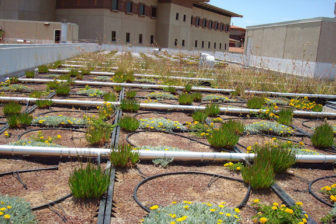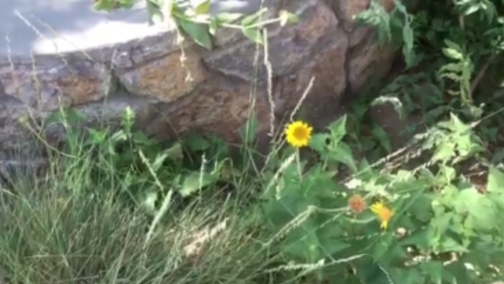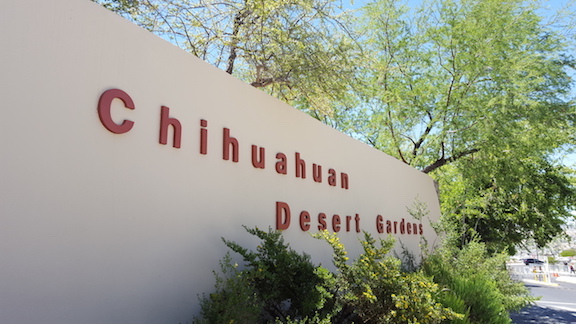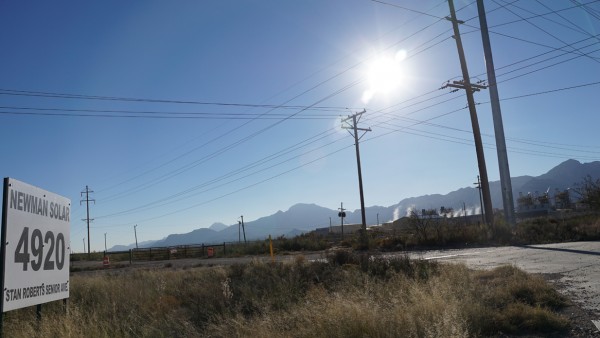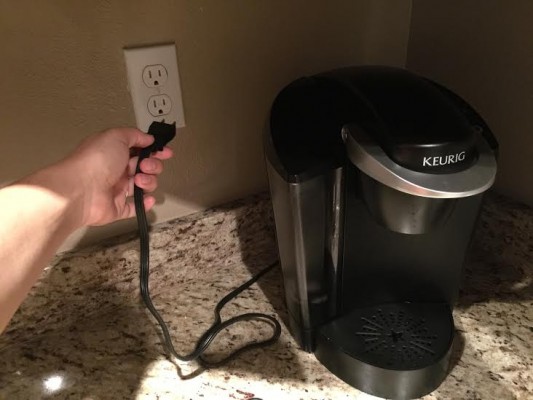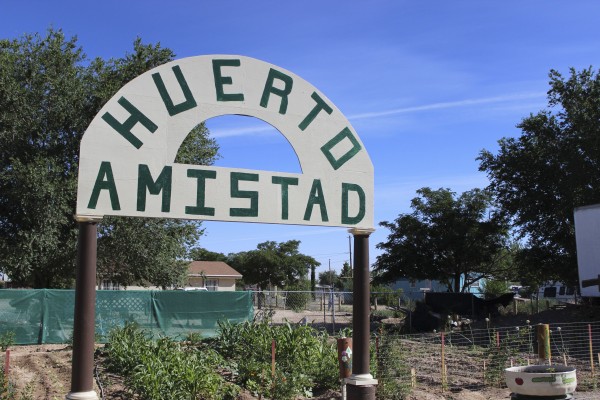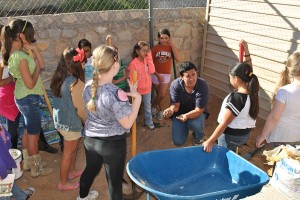Dramatic job losses for young people, women expose El Paso’s economic strategy challenges
|
by René Kladzyk, El Paso Matters
Daniella Perez, a 22-year-old waitress and UTEP student, lost her job when restaurants closed in mid-March as COVID-19 began spreading through El Paso. “Honestly I’m still kind of in shock. I can’t believe this whole thing. I have been trying to look for more income, but I’m scared because I live with my Mom,” Perez said. This first wave of COVID-19 job losses led more than 50,000 people in the El Paso area to file unemployment claims between March 1 and May 1, according to data from Workforce Solutions Borderplex.
